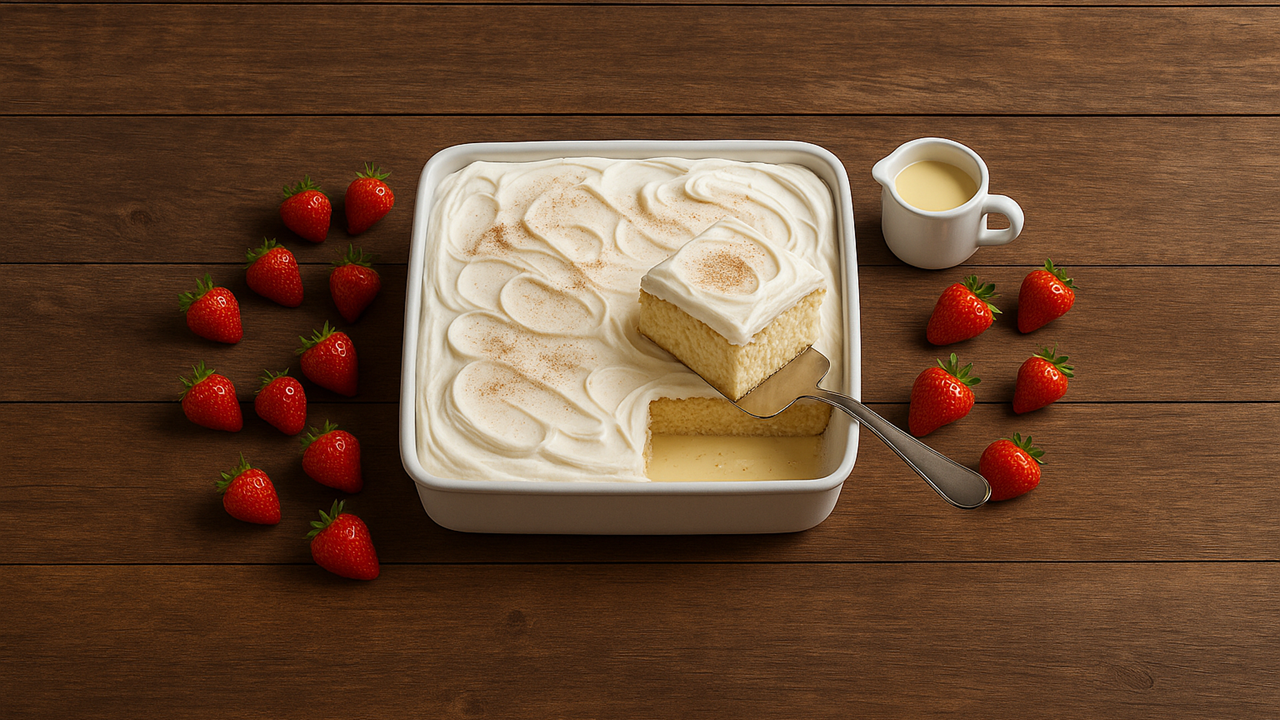Recipes: Authentic Puerto Rican Pasteles from Scratch
Every December many families turn pastel‑making into a lively assembly line. Bowls of grated green bananas, piles of pork simmered in store‑bought sofrito, and stacks of glossy banana leaves cover every inch of the table. Pasteles are Puerto Rico’s holiday treasure: parcels of root‑vegetable masa wrapped in banana leaves, tied with twine, then simmered until the filling and dough fuse into one irresistible bite.
Historians trace their roots to the nineteenth century, when Taíno, African, and Spanish techniques merged. The Taíno contributed plantains and yautía, West Africans brought the art of leaf‑wrapped dough, and Spaniards layered in olives, capers, and vinegar‑marinated pork. By 1900 Puerto Rican cookbooks were already calling pasteles indispensable Christmas fare.
What makes pasteles special is the masa itself. Instead of corn like Mexican tamales, the masa is made by grating green bananas, plantains, yautía, and pumpkin, then tinting the mix with bright orange achiote oil. That dough surrounds a sofrito‑laced pork filling studded with briny olives and capers. When the finished bundle boils, the banana leaf perfumes everything with an earthy aroma you can smell the moment you crack it open.
This recipe stays authentic while leaning on modern conveniences. A food processor speeds up grating, store‑bought sofrito and achiote oil save time, and parchment under the banana leaf makes wrapping easier. Block out an afternoon, invite a few helpers, and you will have a freezer stocked with the island’s most beloved holiday dish.
Ingredients
Pork filling
2 lb pork shoulder, trimmed and cut in ½ in cubes
¼ cup sofrito, plus ¼ cup later
1 tsp adobo seasoning, plus 1 tsp later
½ packet sazón with achiote, plus ½ packet later
1 tsp dried oregano
2 Tbsp red wine vinegar
2 Tbsp achiote oil
½ cup tomato sauce – optional but tasty
½ cup water or low sodium broth
½ cup pimiento stuffed olives, halved
2 Tbsp capers, rinsed
1 bay leaf – optional
Masa dough
3 green bananas, peeled
2 green plantains, peeled
1 ½ lb yautía – malanga – peeled
½ lb calabaza or kabocha pumpkin, peeled
½ cup sofrito
2 packets sazón with achiote
1 tsp adobo seasoning
¼ cup achiote oil
About ½ cup reserved pork broth or chicken broth – adjust for texture
Wrapping and cooking
Banana leaves, cleaned, ribs removed, cut in 10 x 12 in sheets
Parchment paper, 12 x 15 in sheets
Butcher’s twine
Large pot of salted water for boiling
Instructions
Season and brown the pork
In a bowl combine pork, ¼ cup sofrito, 1 tsp adobo, oregano, vinegar, and ½ packet sazón. Marinate 30 minutes or up to overnight.
Warm achiote oil in a heavy pot over medium high.
Add pork and brown 5‑10 minutes, stirring until edges caramelize.
Finish the pork filling
Stir in remaining ¼ cup sofrito and cook 1 minute.
Add tomato sauce, water or broth, olives, capers, bay leaf, remaining sazón, and remaining adobo.
Bring to a boil, then cover and simmer 25 minutes until pork is tender and saucy.
Remove bay leaf and reserve ½ cup of the cooking liquid for the masa. Let filling cool.
Make the masa
Grate bananas, plantains, yautía, and pumpkin with a food processor grating disk.
Switch to chopping blade and pulse until you have a smooth, thick paste.
Transfer to a large bowl. Mix in sofrito, sazón, adobo, achiote oil, and the reserved ½ cup pork broth.
Stir until uniformly orange and spreadable – add a splash more broth if too stiff.
Prep leaves and station
Pass each banana leaf quickly over a flame or microwave 30 seconds until glossy and pliable.
Lay a parchment sheet on the counter, then a banana leaf on top. Brush center with achiote oil.
Assemble one pastel
Spread ½ cup masa into a 5 x 6 in rectangle on the leaf.
Spoon 2‑3 Tbsp pork filling down the center.
Fold leaf and parchment over lengthwise so masa seals around filling.
Fold narrow ends under to form a snug packet.
Tie with twine.
Repeat until you run out of masa or filling – you should get 12‑14 pasteles.
Boil
Bring a large pot of salted water to a gentle boil.
Submerge pasteles, cover, and simmer 60 minutes. Maintain a moderate bubble, not a hard boil.
Remove with tongs and drain briefly.
Serve
Snip twine, unwrap parchment and leaf, slide pastel onto plate, and enjoy hot.
Serving & Tips
Holiday platter – Pair each pastel with arroz con gandules and pernil for the classic Puerto Rican Christmas trio.
Condiments – A few drops of pique hot sauce or even ketchup are traditional.
Make ahead – Cool wrapped pasteles, pack in freezer bags, and freeze up to 3 months. Boil from frozen for 75 minutes.
Refresh leftovers – Reheat refrigerated pasteles 10 minutes in simmering water.
Like island flavors? Try the Pan Sobao recipe next.
If you love these pasteles please leave a comment and star rating below – it helps other cooks and supports the site.
Recipe Card
Yield
12‑14 pasteles
Prep Time
2 hours active
Cook Time
1 hour
Total Time
3 hours plus optional marinating
Ingredients
See full list in the Ingredients section above
Quick Directions
Marinate diced pork with seasonings. Brown in achiote oil, add remaining filling ingredients, simmer 25 min.
Grate bananas, plantains, yautía, pumpkin. Pulse smooth. Mix with sofrito, sazón, adobo, achiote oil, and pork broth.
Soften banana leaves. On leaf over parchment spread ½ cup masa, top with 2‑3 Tbsp pork. Fold, wrap, tie.
Simmer wrapped pasteles in salted water 60 min.
Unwrap and serve hot.
Nutrition (per pastel, about 12 servings)
Calories 350 | Protein 15 g | Carbs 43 g | Fat 14 g | Sodium 670 mg
Pasteles take patience, but the first steamy bite of that achiote‑glazed masa around savory pork proves they are worth every minute. ¡Buen provecho!





